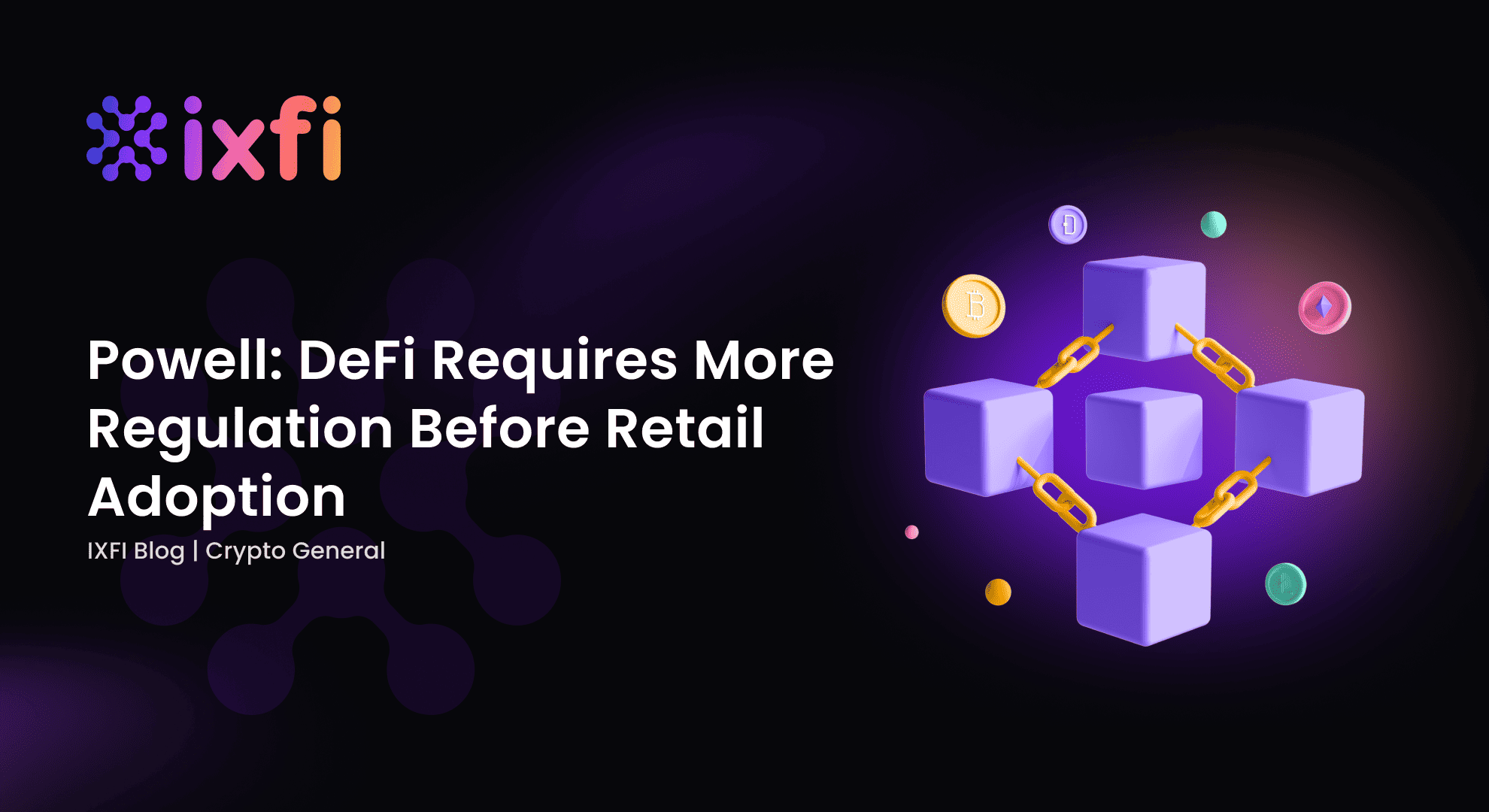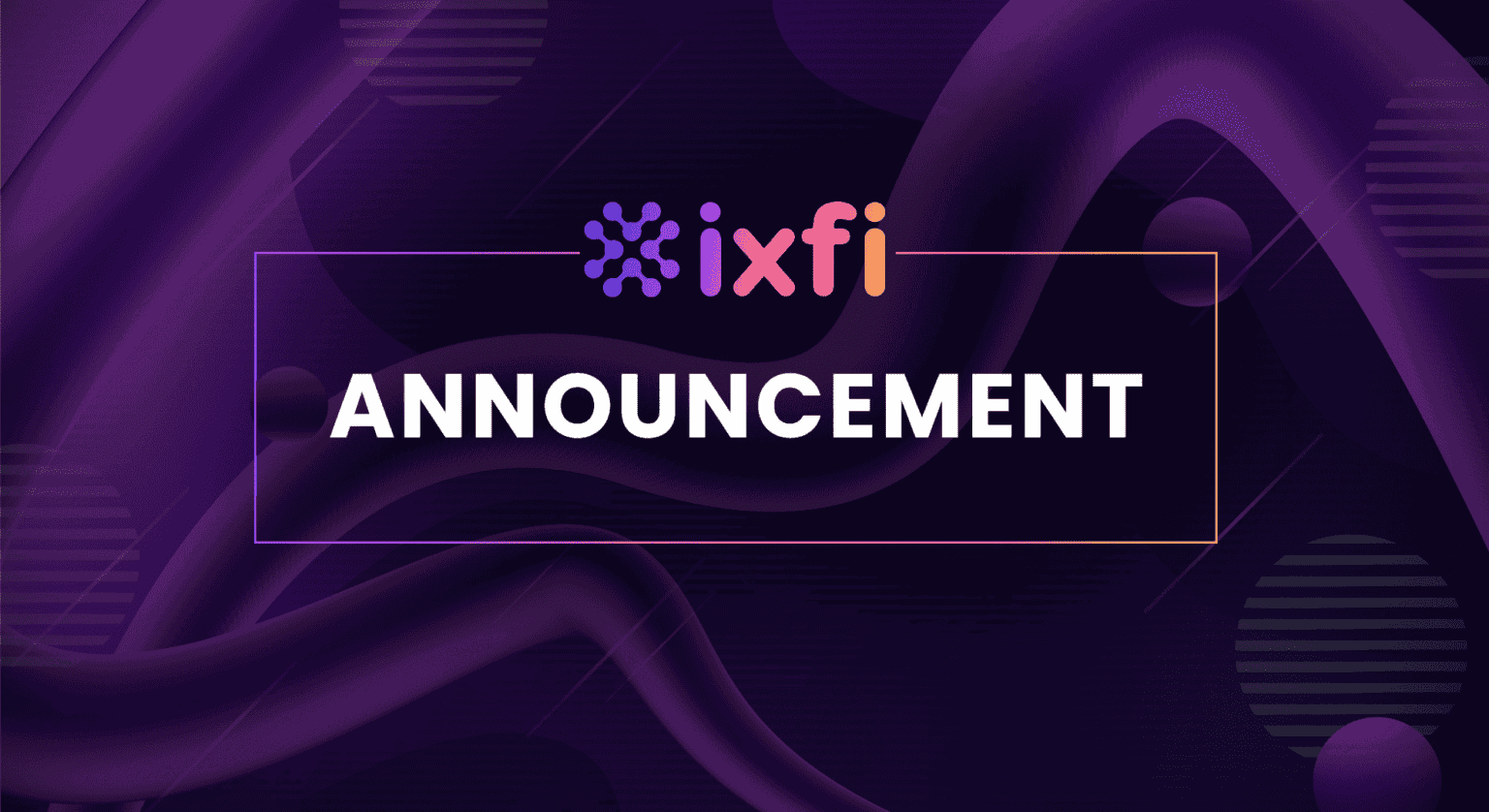What is DeFi?
DeFi is short for Decentralized Finance. It is an umbrella term that uses modern financial technology to eliminate centralized institutions and third parties from financial transactions. Stablecoins, software, and hardware make up DeFi and allow for the creation of applications. Third parties or intermediaries such as exchanges, brokerages, and banks are eliminated in the DeFi system as Smart Contracts are employed on the Blockchain.
Following the event hosted by the Bank of France, which was tagged Opportunities and Challenges of the Tokenisation of Finance, the United States Federal Reserve chairman and others were in attendance. The Chairman, Jerome Powell, stated his fears about the rise of DeFi and its potential effects on the current financial system. He said there were very serious structural difficulties around the lack of transparency in the DeFi ecosystem, thereby advocating for proper regulation.
Bank for International Settlements concerns
Agustin Carstens, the general manager of the Bank for International Settlements (BIS), expressed concern over the gap between DeFi and conventional financing methods. Agustin claims that the global nature of the DeFi and crypto industries is a significant challenge for regulators and central banks. However, he never disputed the DeFi’s underlying usefulness.
From the perspective of financial stability, Powell accepted that the DeFi winter’s effects had been limited by the interplay between DeFi and the banking system. Still, he noted that this had revealed regulatory flaws and the need for more work.
Despite the current market gloom, Powell believes that the DeFi market will see lots of development in the future and might grow to the extent of disrupting the market’s financial stability. Hence his reason for wanting it to be regulated before its expansion gets to more retail customers.
Why does the DeFi system need to be regulated?
The conventional financial environment is built so that the simplest transactions go through multiple layers of third parties, creating a system that is becoming increasingly inefficient, expensive, and rife with human error risk. As a result, the average retail investor pays more fees than an institutional investor if the latter is even eligible to participate in capital market products.
Decentralized features like DeFi have long been a dilemma for regulators. DeFi has altered the system by removing intermediaries and providing customers with access and control over their investments and finances. Nevertheless, investor protection is a feature the DeFi system does not clearly offer.
As much as the DeFi ledger can make transactions unchangeable and transparent, users’ identities remain anonymous. And there is no legal remedy for theft or fraud because there are no rules or governing bodies, as transactions are final when done.
DeFi lost over 10 Billion dollars in 2021
With DeFi losing over 10 Billion dollars worth of DeFi funds in 2021, it is believed that DeFi’s resistance to censorship is exaggerated. Transparency may put institutional investors at a disadvantage and provide a fertile ground for fraud. Powell acknowledged that the DeFi technology could improve and streamline the banking system. But most of the other promises posed by the DeFi system were surface-level and attained by eschewing regulatory compliance or disregarding hazards.
Stating the reason for the regulation, Powell says its goal is to level the playing field so users can profit from authentic innovation while avoiding the hazards of regulatory evasion. And that the United States is not in a rush to launch the central bank’s digital currency and that the Federal Reserve will work with Congress and the Executive Branch over the next two years to build public trust before the launch.
Anyone can be an investor. You can buy, sell and hold crypto on ixfi Exchange. On a global scale, crypto remains a young asset class, and the number of investors is growing. We are building a community where everyone is welcome. Try it yourself: join ixfi and see where you fit in.
Disclaimer: The content of this article is not investment advice and does not constitute an offer or solicitation to offer or recommendation of any investment product. It is for general purposes only and does not consider your individual needs, investment objectives, and specific financial and fiscal circumstances.
Although the material contained in this article was prepared based on information from public and private sources that ixfi believes to be reliable, no representation, warranty, or undertaking, stated or implied, is given as to the accuracy of the information contained herein. ixfi expressly disclaims any liability for the accuracy and completeness of the information contained in this article.
Investment involves risk; any ideas or strategies discussed herein should, therefore, not be undertaken by any individual without prior consultation with a financial professional to assess whether the ideas or techniques discussed are suitable to you based on your personal economic and fiscal objectives, needs, and risk tolerance. ixfi disclaims any liability or loss incurred by anyone who acts on the information, ideas, or strategies discussed herein.


